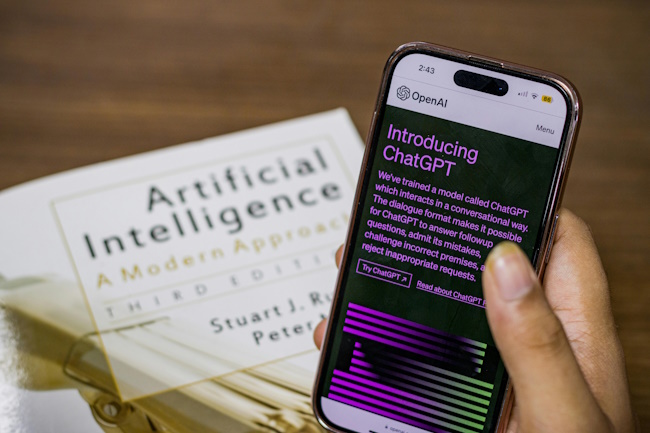In the ever-evolving landscape of artificial intelligence (AI), the choices for AI-powered solutions seem boundless. Among the myriad options available, two heavyweights stand out: OpenAI’s ChatGPT and Google’s Gemini. Both offer powerful AI capabilities, but understanding their nuances is crucial for making an informed decision. In this article, we delve deep into the features, performance, and potential applications of ChatGPT and Gemini to aid you in navigating the AI landscape effectively.

Image source
Understanding ChatGPT
OpenAI’s ChatGPT has garnered significant attention for its natural language processing (NLP) capabilities. Leveraging the power of the GPT (Generative Pre-trained Transformer) architecture, ChatGPT excels in understanding and generating human-like text responses across various contexts. Its ability to engage in coherent conversations and provide contextually relevant information makes it a preferred choice for chatbots, customer support systems, and content generation tasks.
Key Features of ChatGPT
Natural Language Understanding
ChatGPT can comprehend and respond to natural language inputs with remarkable accuracy, thanks to its extensive pre-training on diverse textual data sources.
Contextual Awareness
Through its transformer-based architecture, ChatGPT maintains context across conversational turns, enabling more coherent and meaningful interactions.
Customization
Users can fine-tune ChatGPT for specific domains or applications by providing domain-specific training data, allowing for tailored responses and improved performance.
Exploring Gemini
Google’s Gemini, on the other hand, represents a formidable contender in the AI landscape, particularly in its integration with Google’s vast array of services and resources. Gemini combines advanced AI capabilities with Google’s expertise in search, knowledge graphs, and data analytics, offering a comprehensive solution for various AI-driven tasks.
Key Features of Gemini
1. Integration with Google Ecosystem
Gemini seamlessly integrates with Google’s suite of services, including Search, Maps, and Assistant, leveraging vast amounts of data to enhance its understanding and performance.
2. Multimodal Capabilities
Gemini extends beyond text-based interactions to incorporate multimodal inputs, such as images and voice, allowing for more versatile applications across different modalities.
3. Scalability and Reliability
Backed by Google’s infrastructure, Gemini boasts scalability and reliability, ensuring consistent performance even under heavy workloads and demanding scenarios.
Choosing Between ChatGPT and Gemini:
When it comes to selecting between ChatGPT and Gemini for your AI initiatives, several factors merit consideration:
1. Use Case
Assess your specific use case and requirements. If your application primarily involves text-based interactions and conversational AI, ChatGPT may be the preferred choice. Conversely, if you require integration with existing Google services or support for multimodal inputs, Gemini could offer a better fit.
2. Customization Needs
Consider the level of customization required for your project. ChatGPT allows for fine-tuning and specialization through additional training data, whereas Gemini offers broader capabilities out of the box, particularly within the Google ecosystem.
3. Performance and Scalability
Evaluate the performance and scalability requirements of your application. While both ChatGPT and Gemini boast impressive capabilities, Gemini’s integration with Google’s infrastructure may offer advantages in terms of scalability and reliability for large-scale deployments.
4. Cost Considerations
Factor in the cost implications associated with each platform, including licensing fees, usage-based charges, and infrastructure costs. Choose the option that aligns with your budget constraints while meeting your performance and functionality needs.
In conclusion, the choice between OpenAI’s ChatGPT and Google’s Gemini hinges on your specific requirements, use case, and preferences. Both platforms offer powerful AI capabilities with unique strengths and advantages. By carefully evaluating these factors and considering your project’s objectives, you can navigate the AI landscape effectively and make an informed decision that drives success for your organization.
AI Evolution: ChatGPT vs. Gemini - Which Path to Choose?,




